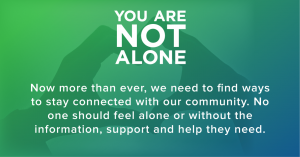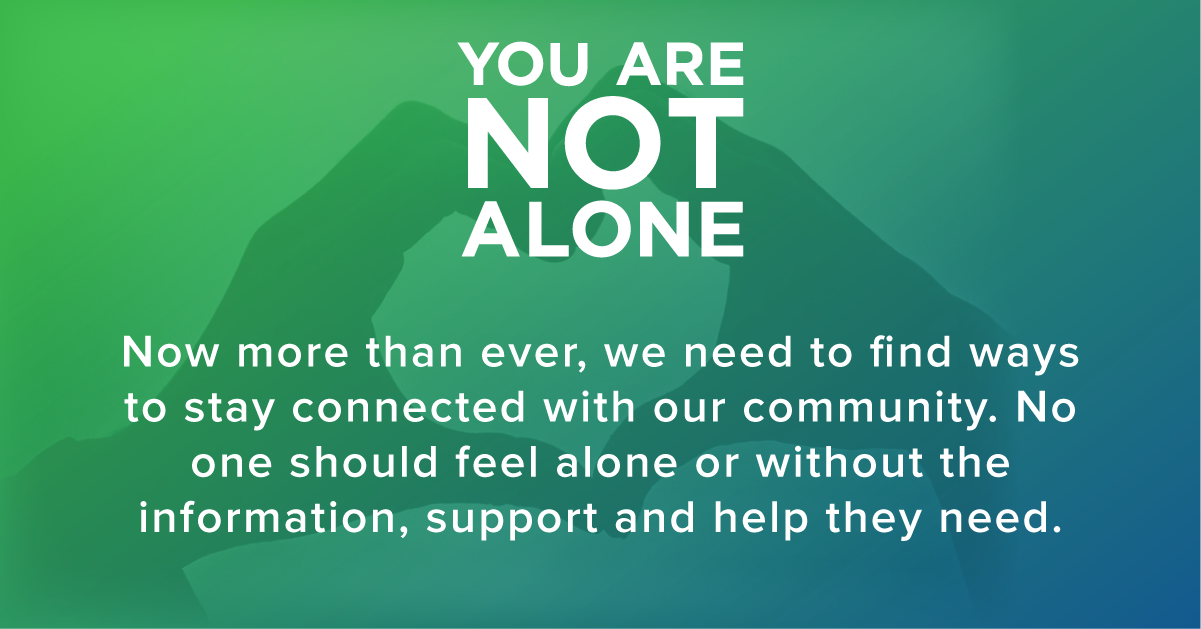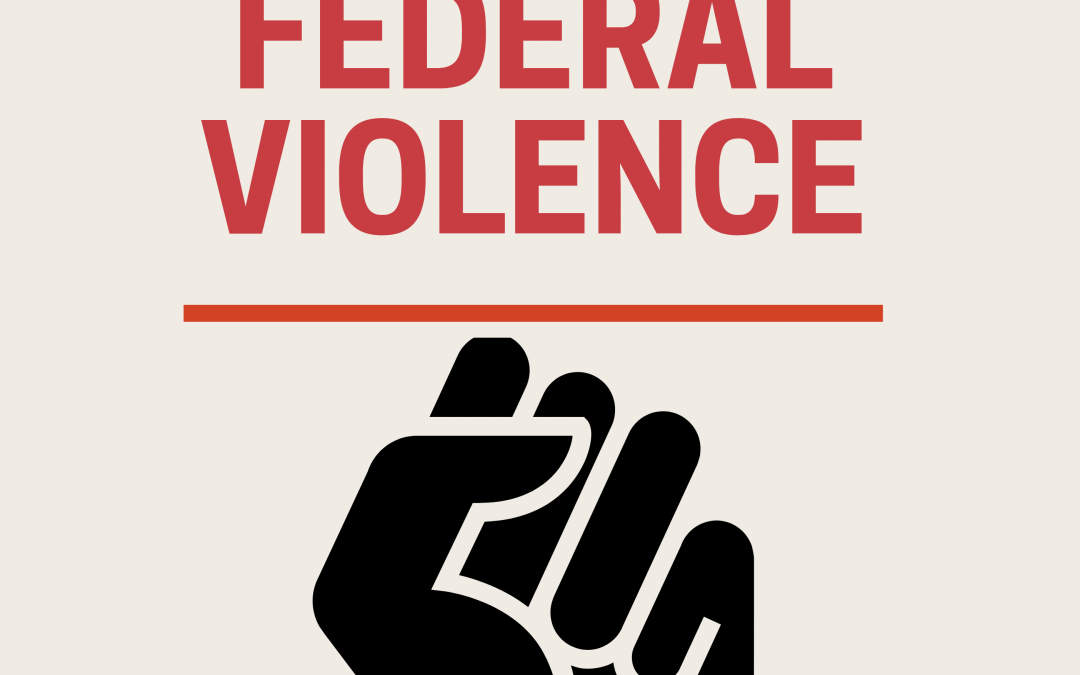The National Association of Social Workers (NASW) is proud to recognize May as Mental Health Awareness Month and seeks to acknowledge the millions of Americans affected by mental illness. Social workers are committed to bringing awareness and combating mental health stigma through support, education, and advocacy.
 The COVID-19 pandemic has significantly impacted the overall safety and emotional well-being of individuals and families. While the pandemic has contributed to the growing need for services, it has also brought increased awareness to the prevalence of mental illness and barriers to accessing care.
The COVID-19 pandemic has significantly impacted the overall safety and emotional well-being of individuals and families. While the pandemic has contributed to the growing need for services, it has also brought increased awareness to the prevalence of mental illness and barriers to accessing care.
The National Alliance on Mental Illness (NAMI), which is amplifying the message “You Are Not Alone,” has released the following current statistics on mental health:
- 1 in 5 adults in the United States experience mental illness each year
- 1 in 20 adults in the United States experience serious mental illness each year
- 1 in 6 youth in the United States aged 6-17 experience a mental health disorder each year
Mental illness affects:
- 44% of adults within the LGBTQ+ community
- 32% Mixed/Multiracial adults
- 22% of White adults
- 19% of American Indian or Alaska Native
- 18% of adults within the Latino community
- 17% of Native Hawaiian or Other Pacific Islander adults
- 17% of Black adults
- 14% of Asian adults
The resources below are available to assist social workers and others in addressing mental health needs in their community.
Administration for Community Living (ACL) Behavior Webpage
This site offers a comprehensive list of behavioral health resources.
https://acl.gov/programs/health-wellness/behavioral-health
Caring for Caregivers with the Centers for Disease Control (CDC)
In this podcast, Dr. Lisa McGuire focuses on paid and unpaid caregivers who often set aside their own physical and mental health needs while caring for others.
https://solesourcepodcast.buzzsprout.com/789140/8142833-ep55-caring-for-caregivers-with-the-cdc
Help Starts Here
Help Starts Here is an NASW website that informs consumers how social workers can help them overcome a variety of mental health issues, including depression, anxiety, and substance use disorders.
https://www.helpstartshere.org/
How Right Now
How Right Now is a communications campaign that offers resources to promote and strengthen the emotional well-being and resiliency of populations adversely affected by COVID-19–related stress, grief, and loss. https://howrightnow.org/resources
Practitioner Training
SAMHSA (Substance Abuse and Mental Health Services Administration) offers biweekly update on selected upcoming trainings and webinars. https://www.samhsa.gov/practitioner-training
PsychU
PsychU is a community comprised of thousands of professionals who provide, regulate, or administer mental health services and resources in a variety of capacities.
Routine Administration of Cognitive Behavioral Therapy for Psychosis as the Standard of Care for Individuals Seeking Treatment for Psychosis
This guide provides mental health decision-makers (e.g., state/local mental health directors, treatment facility clinical directors, and other stakeholders) with rationale and evidence to support widespread expansion of Cognitive Behavioral Therapy for Psychosis (CBTp) across mental health systems.
Serious Mental Illness (SMI) Advisor
SMI Advisor offers researched, vetted, and verified guidance to the best resources on SMI.
https://smiadviser.org/?utm_source=SAMHSA&utm_me
Suicide Prevention Resource Center
The Suicide Prevention Resource Center (SPRC) is the only federally supported resource center devoted to advancing the implementation of the National Strategy for Suicide Prevention.
The Centers for Disease Control Highlights Social Isolation and Loneliness Among Older Adults and What You Can Do to Help
Dr. Craig Thomas highlights this growing problem before and during COVID-19 in this podcast.
There Are Ways You Can Intervene to Help Prevent Someone from Acting on Thoughts of Suicide
National suicide rates are rising, and this is especially true for our nation’s youth suicide rate. This blog discusses interventions to help individuals who are contemplating suicide.
https://blog.samhsa.gov/2021/05/05/ways-you-can-intervene-help-prevent-suicide
United States Department of Veterans Affairs Mental Health
The Department of Veterans Affairs has a has a variety of mental health resources, information, treatment options. https://www.mentalhealth.va.gov/index.asp
United States Department of Veterans Affairs Training Resources
There are many training resources for clinicians and community educators to meet the needs of
Veterans across the lifespan such as the VATRAIN Learning Network, https://www.train.org/main/welcome, and the National Center for Post-Traumatic Stress Disorder. https://www.ptsd.va.gov/


